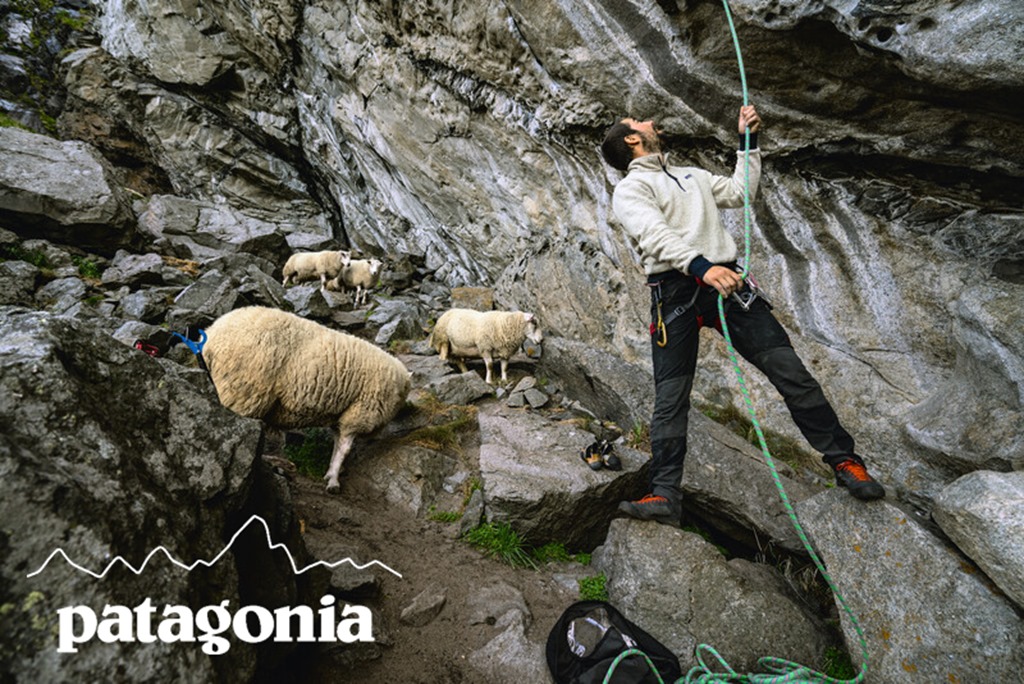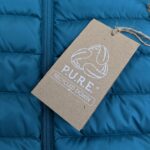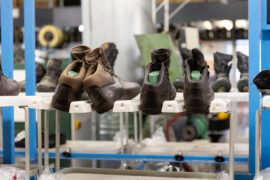Read up on the international brand at the forefront of ethical, well-built outdoor gear.
…
A giant in the outdoor industry, Patagonia is producing some of the most recognisable outdoor products of the moment and has endorsements from many high profiles such as world-class athletes, explorers, and even celebrities and musicians. A predominantly outdoor-based brand rarely reaches such a high profile in the everyday fashion industry, so much so that Patagonia is often worn by many for its nice aesthetics, clean finish, and bold logo alone. It is easy to forget that the main principles that go into the design of any Patagonia product are key ingredients in what makes it a superb outdoor gear maker: function, durability, and of course the impact of the product on the planet. It sets a very high bar for itself with its mission statement to “build the best product, cause no unnecessary harm, use business to inspire and implement solutions to the environmental crisis.” With this in mind, let’s explore…
Just how ethical is Patagonia?
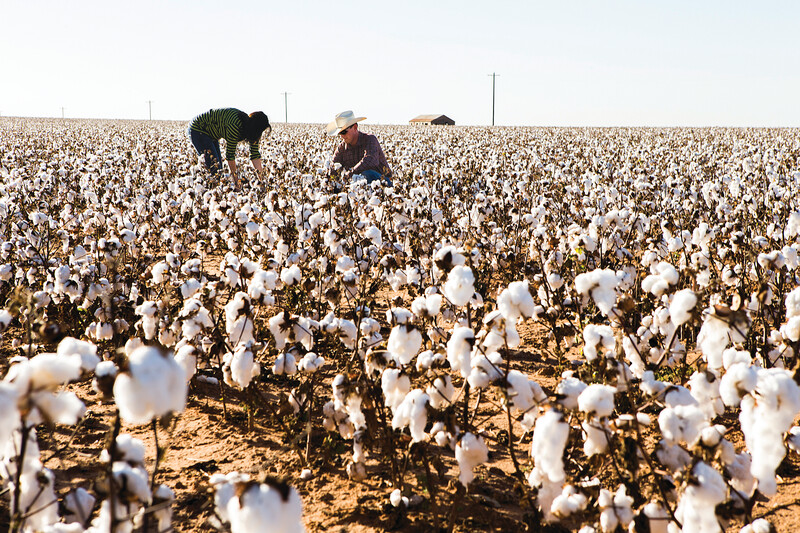
In truth, when compared to other clothing manufacturers of their size… very! As a predominantly clothing-based company, they reject fast fashion and make high-quality, long-lasting products that even when worn out or damaged can be entered into their repair and reuse program, Worn wear. Patagonia actually goes so far as to encourage people to not buy too many of its products.
This is just an attitude, when you delve deeper you see that many fine details have been given great thought. Patagonia belongs to the Sustainable Apparel Coalition, a group of brands, retailers, and manufacturers who are all devoted to measuring and improving social and environmental sustainability impacts, transforming the apparel, footwear, and textile industry from within. A high proportion of Patagonia’s materials are made from completely recycled fabrics such as polyester, nylon, and wool. Many of their products are completely recycled. All of Patagonia’s cotton is certified organic by the Global Organic Textile Standard (GOTS), and it is Bluesign certified for 56% of its fabrics.
Like several other outdoor gear makers, Patagonia is also a member of 1% For The Planet and has taken the vow to give 1% of it’s yearly profits to vital environmental work and environmental grassroots organisations worldwide.
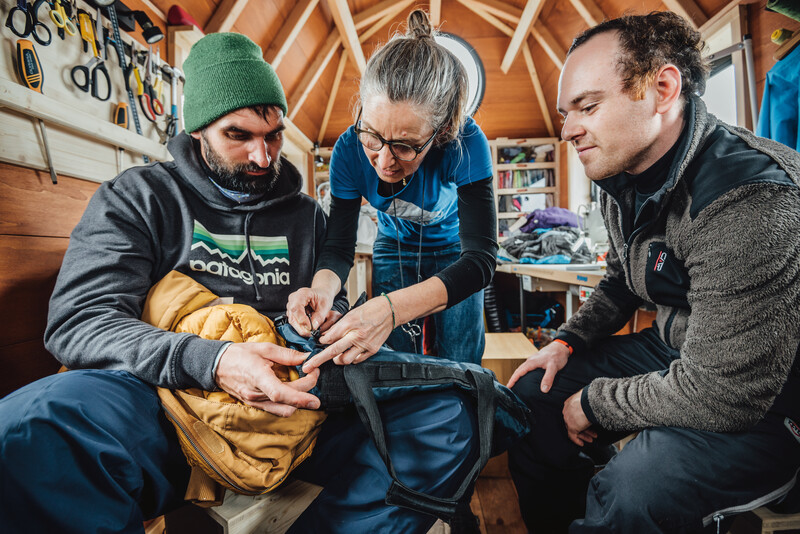
When it comes to labour policies, Patagonia is leading the way. In 2019, Patagonia received the second-highest rating in that year’s Ethical Fashion Report (with Icebreaker coming 1st). This report looks at the payment of a living wage, transparency, and worker empowerment. Patagonia’s Supplier code of conduct was recognised as groundbreaking. All of its facilities are tracked and audited, it publicly lists its suppliers and ensures that all subcontracting adheres to its strict code standards.
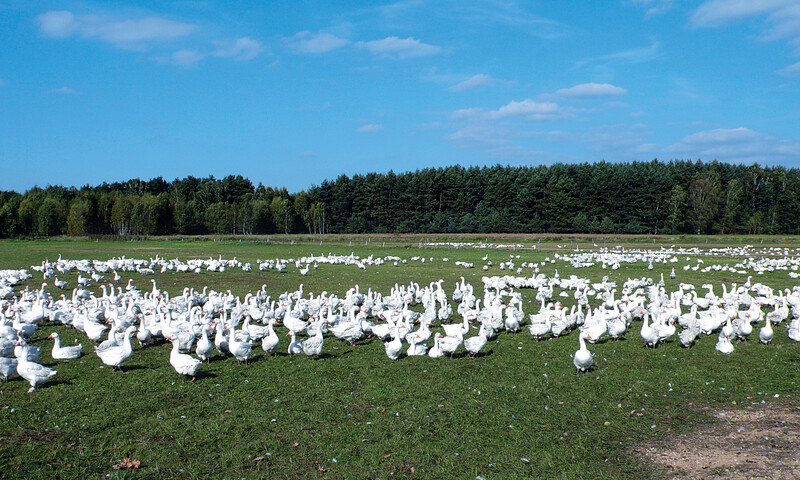
When it comes to Animal welfare policies, Patagonia acts strongly. No Angora, leather, or fur is used in any of their products, and as a company, they strongly advocate for animal welfare. As previously mentioned all wool used in Patagonia products has been recycled as well as down feathers which have been accredited by the Global Traceable Down Standard, a standard helped by them to develop guarantees that the geese which provide their down are not force-fed or live-plucked. Patagonia continues to work side by side with several animal welfare organisations to help encourage humane practices industry-wide.
Today, we should all be looking into buying as ethically as possible. It is easy to forget the impact a down jacket may have on the animals, people, and environment and we believe that Patagonia has certainly so far lived up to its mission statement. We are very proud to have a hearty supply of terrific, well-built, functional, and ethical outdoor gear and think that Patagonia and its message are well one’s support.

